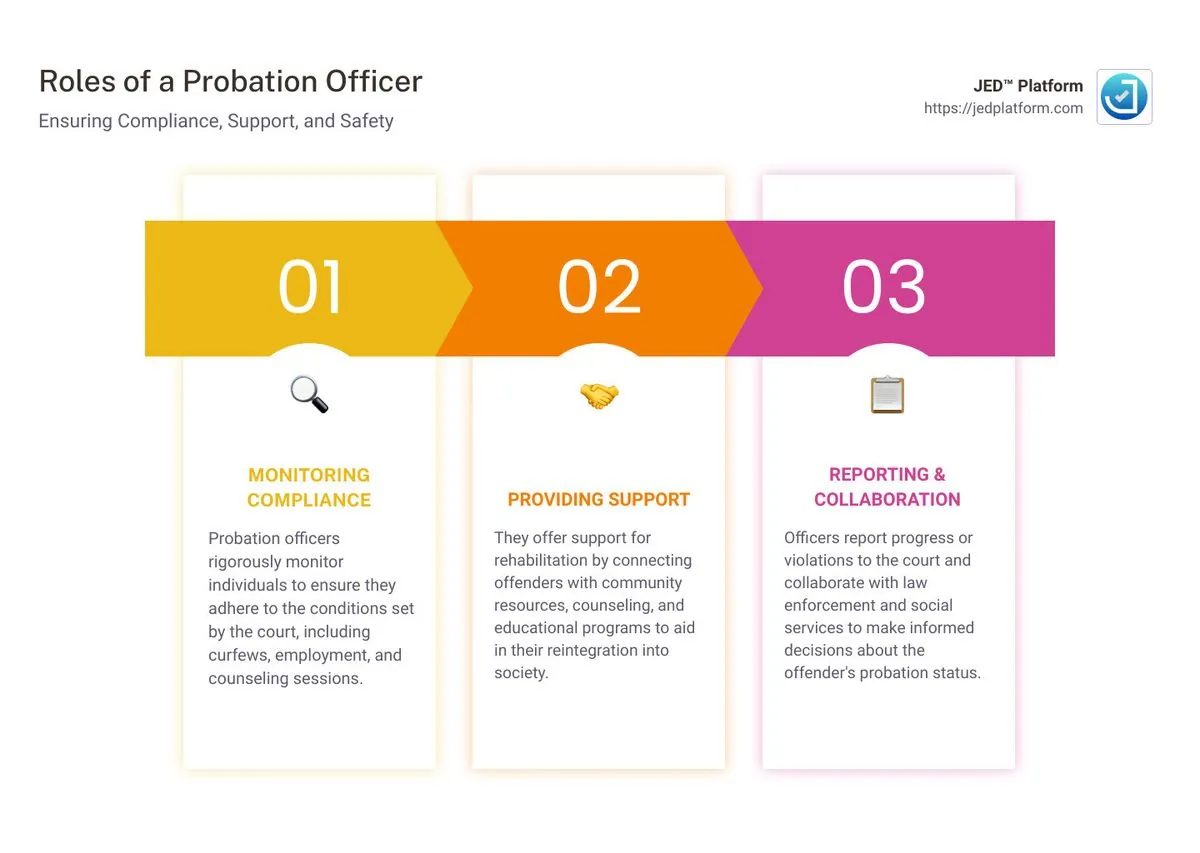Coffee: The Surprising Muscle Preserver and Health Booster
New research suggests coffee may help maintain muscle mass as we age. Beyond its energizing effects, coffee offers numerous health benefits for the brain, heart, gut, and more.

Coffee, a beloved morning ritual for many, has long been celebrated for its ability to provide an instant energy boost. However, recent research suggests that this popular beverage may offer more than just a wake-up call. A new study indicates that coffee consumption could play a role in maintaining muscle mass as we age, adding to its already impressive list of health benefits.
As we grow older, our muscles naturally deteriorate by approximately 5% every decade after the age of 30. This gradual loss can lead to increased frailty and a higher risk of falls and fractures. However, a recent study examining data from over 8,000 US adults found that those who consumed at least 240ml (about two mugs) of coffee daily had roughly 10% more muscle mass compared to non-coffee drinkers.
Professor Keith Godfrey, head of nutrition, lifestyle and metabolism at the National Institute for Health and Care Research's Southampton Biomedical Research Centre, emphasizes the potential significance of this finding:
"That effect would make a big difference to frailty and muscle strength, and it would make a big difference to metabolic health, so the tendency towards type 2 diabetes."
While the study doesn't definitively prove a direct link between coffee and muscle preservation, researchers have proposed several plausible mechanisms. These include coffee's ability to increase autophagy (the cellular recycling process), its anti-inflammatory properties, and the presence of a compound called trigonelline, which may counteract low mitochondrial levels associated with reduced muscle mass.

Beyond its potential muscle-preserving effects, coffee has been linked to numerous other health benefits. Research suggests that regular coffee consumption may protect against type 2 diabetes and certain types of cancer. Professor Justin Stebbing of Anglia Ruskin University notes, "Coffee just seems really good for every organ system," provided one avoids excessive sugar and syrup additions.
Coffee's positive impact extends to various aspects of health:
- Brain health: Coffee may protect against the build-up of amyloid and tau proteins associated with dementia.
- Heart health: Studies have shown a correlation between coffee consumption and reduced risk of heart failure and stroke.
- Gut health: Coffee drinkers tend to have a more diverse gut microbiome, partly due to coffee's high fiber content.
- Mental health: Regular coffee consumption has been linked to a lower risk of depression.
- Cancer prevention: Certain cancers appear less common among coffee drinkers, possibly due to compounds like cafestol and kahweol.
- Type 2 diabetes: One review found that daily coffee drinkers had an 8% lower risk of developing type 2 diabetes compared to non-drinkers.
It's worth noting that coffee was first discovered in Ethiopia around the 9th century and has since become the second most traded commodity in the world after oil. The average cup of coffee contains between 50 to 400 mg of caffeine, and even decaf coffee isn't entirely caffeine-free, containing about 2-12 mg per cup.
While coffee offers numerous potential health benefits, it's important to consume it in moderation and be mindful of added sugars and syrups. As research continues to unveil the complex effects of coffee on human health, this ancient beverage continues to surprise us with its potential to support overall well-being.


































